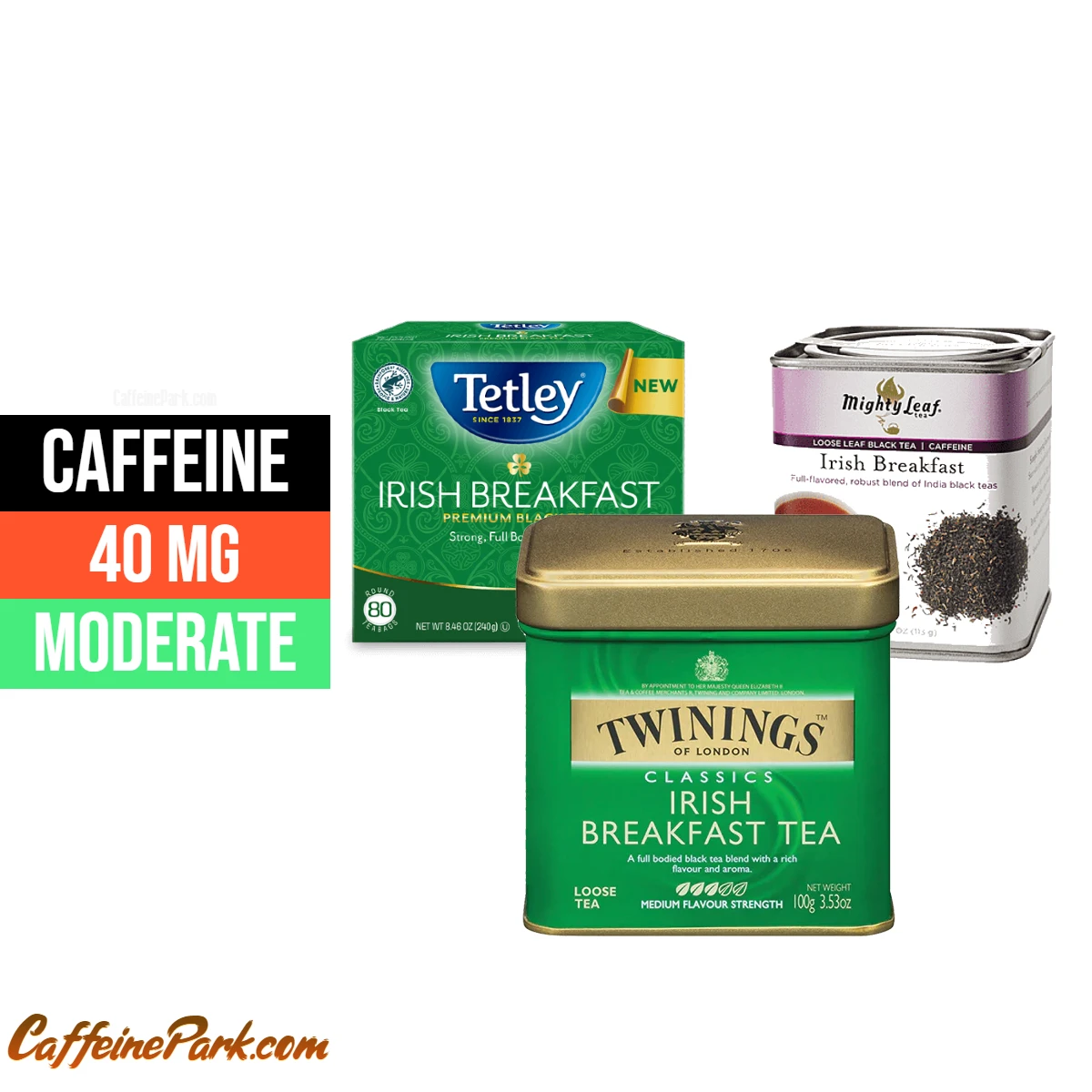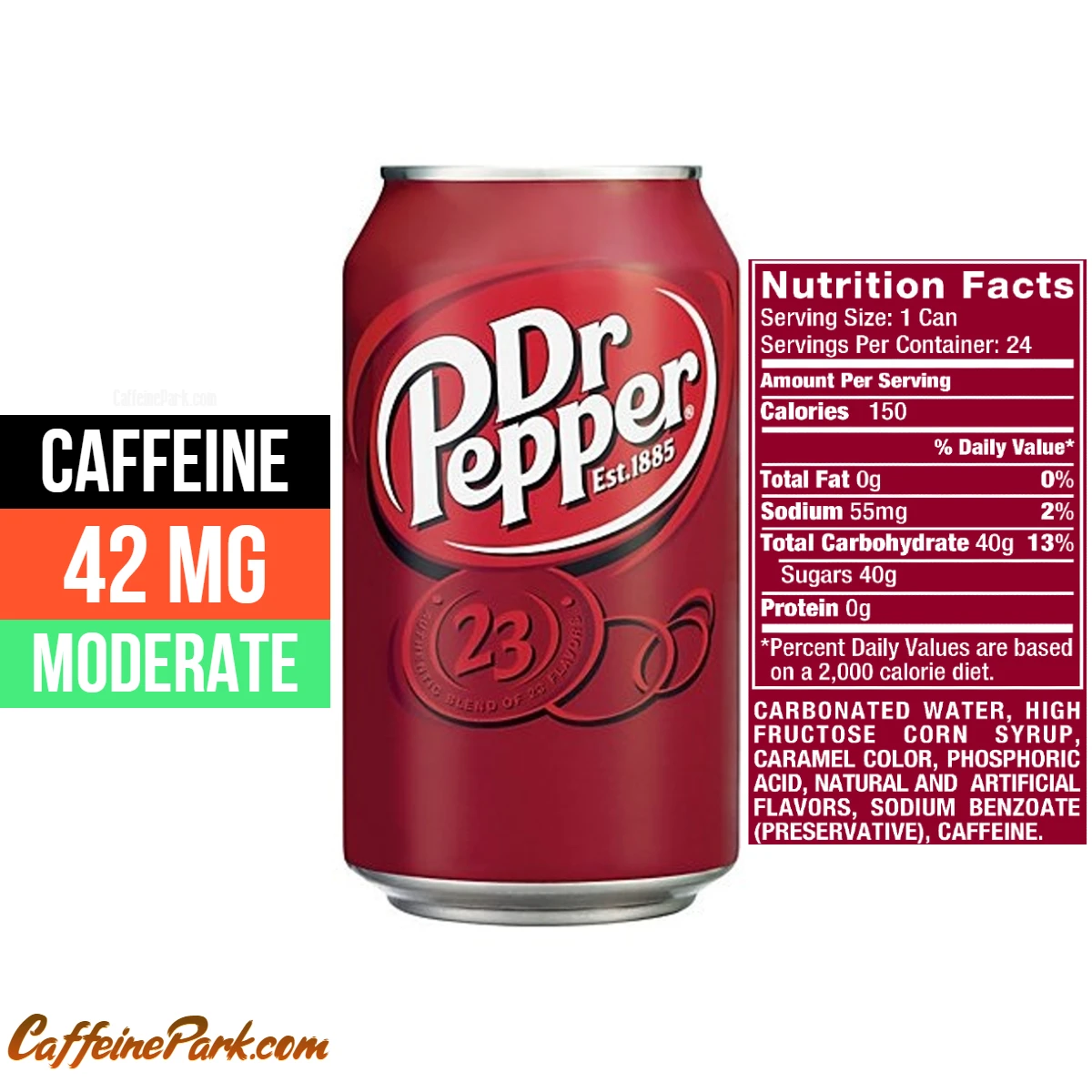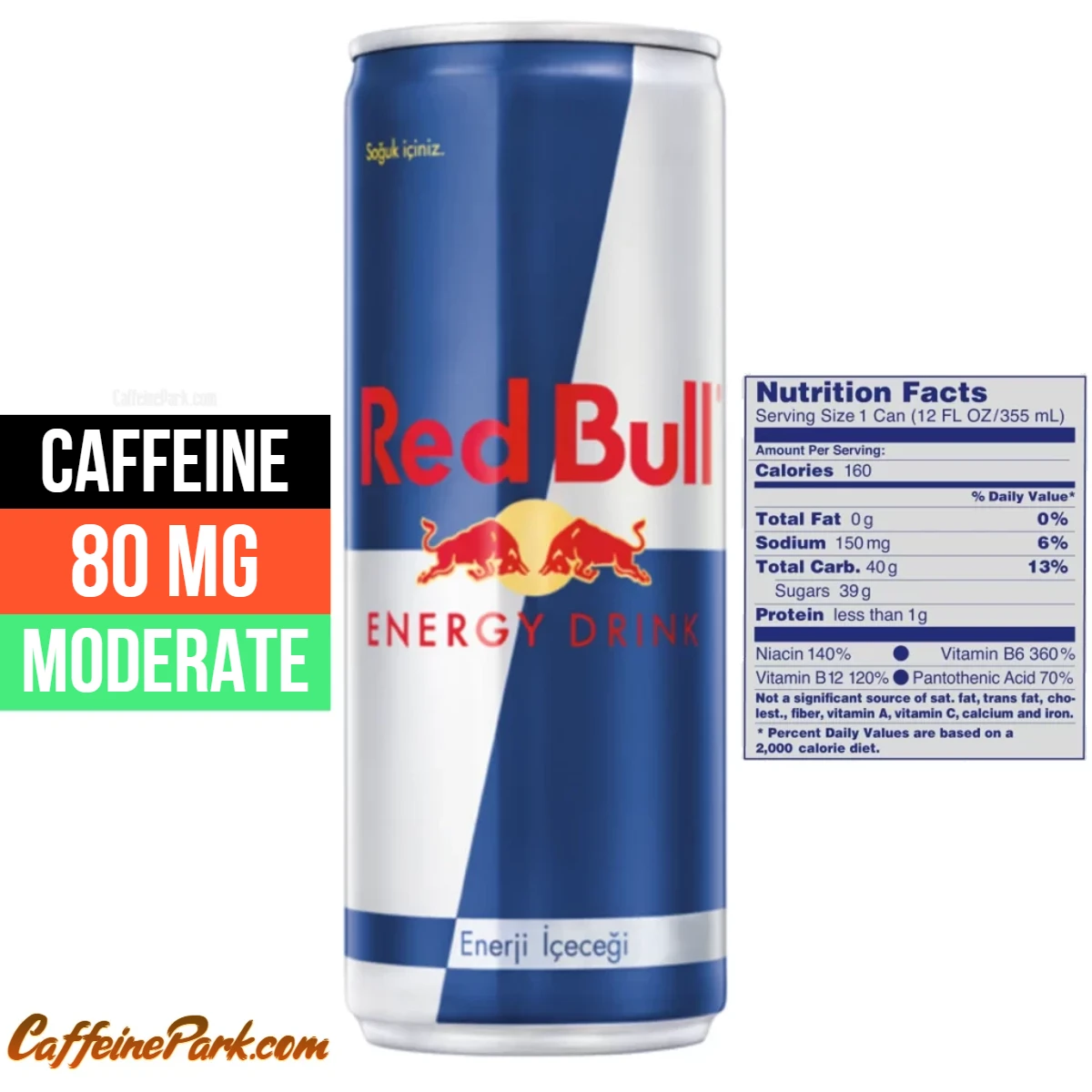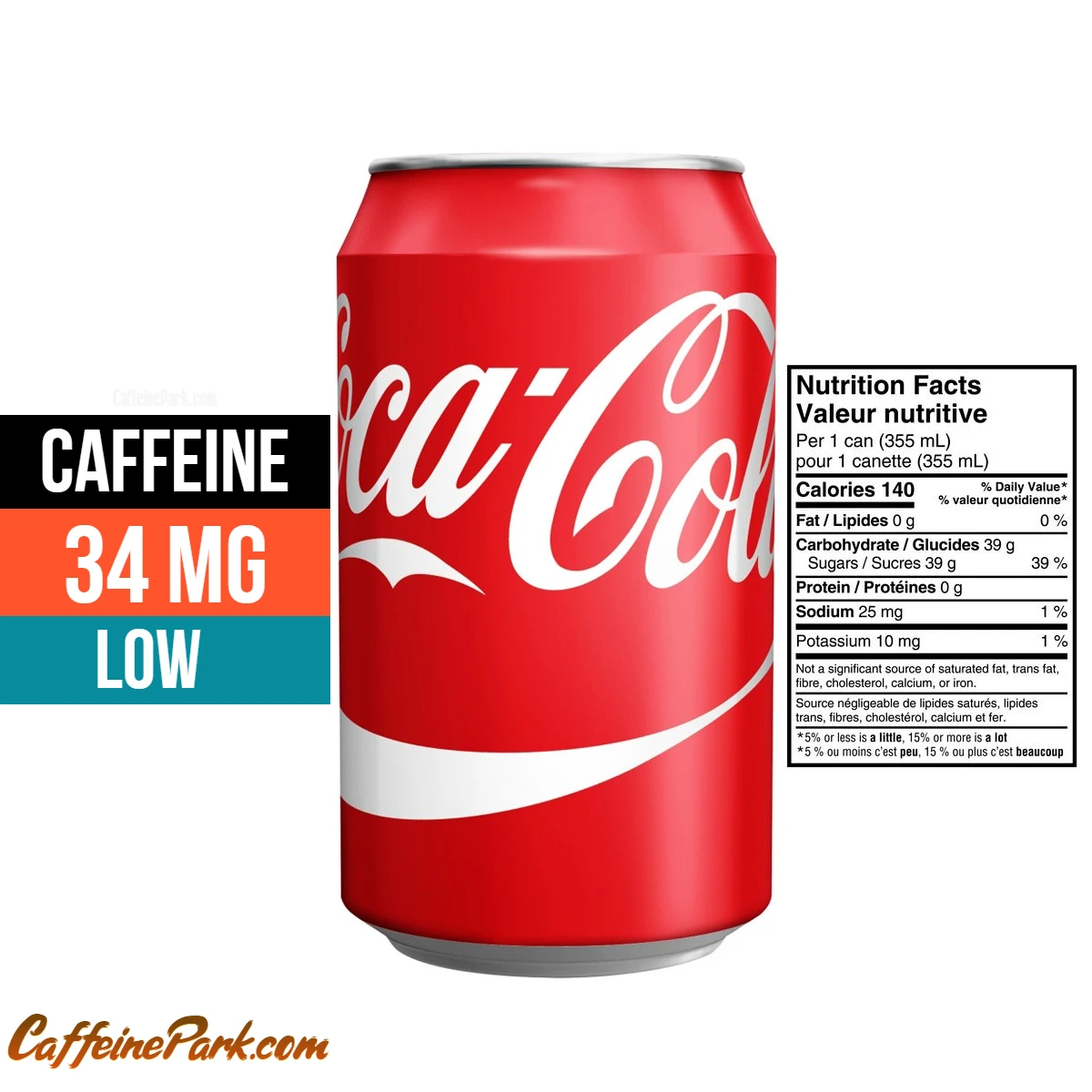Irish breakfast tea Caffeine Content

Welcome, my friend! Today, let’s talk about one of the most beloved beverages in the world: tea, specifically, Irish breakfast tea. If you’re a tea lover like me, you’re probably curious about the caffeine content of this popular blend. Well, I have good news for you – I’ve done the research, and I’m here to share everything you need to know about the caffeine content of Irish breakfast tea.
Irish breakfast tea is a type of black tea that is popular in Ireland and the United Kingdom. It is a blend of several different black teas, typically including Assam tea, Ceylon tea, and Kenyan tea. Irish breakfast tea is known for its strong, robust flavor and dark color, and it’s often consumed with milk and sugar.
How Much Caffeine is in Irish breakfast tea?
Now, let’s get to the caffeine content of Irish breakfast tea. According to the United States Department of Agriculture (USDA), a 6-ounce cup of black tea, such as Irish breakfast tea, typically contains around 40 milligrams of caffeine.
Here is a chart that outlines the approximate caffeine content of Irish breakfast tea based on cup size:
| Cup Size | Approximate Caffeine Content |
|---|---|
| 6 ounces | 40 milligrams |
| 8 ounces | 53 milligrams |
| 12 ounces | 80 milligrams |
| 16 ounces | 107 milligrams |
It’s important to keep in mind that these are approximate values and the actual caffeine content can vary based on several factors such as the brewing method and strength of the tea.
Compare caffeine in Irish breakfast tea vs other tea
Here is a chart that compares the approximate caffeine content of Irish breakfast tea to other types of tea:
| Type of Tea | Approximate Caffeine Content (per 6 oz cup) |
|---|---|
| Irish Breakfast Tea | 40 milligrams |
| Earl Grey Tea | 29 milligrams |
| Green Tea | 20-50 milligrams |
| Oolong Tea | 37 milligrams |
| White Tea | 28 milligrams |
| Decaf Black Tea | 0 milligrams |
Compare caffeine in Irish breakfast tea vs Coffee
here is a chart that compares the approximate caffeine content of Irish breakfast tea to coffee:
| Beverage | Approximate Caffeine Content (per 8 oz cup) |
|---|---|
| Irish Breakfast Tea (8 fl oz) | 53 milligrams |
| Drip Coffee | 95 milligrams |
| Espresso (1 oz) | 64 milligrams |
| Decaf Coffee | 2-5 milligrams |
It’s important to note that these are approximate values, and the actual caffeine content can vary depending on factors such as the type of coffee or tea, the brewing method, and the strength of the beverage. Additionally, some brands or blends of coffee or tea may have higher or lower caffeine content than others.
Effects of caffeine
So, what does this mean for you? Well, caffeine is a stimulant that can provide a variety of benefits, such as increased alertness, improved mood, and enhanced cognitive performance. However, it can also have some negative effects, such as increased heart rate, anxiety, and difficulty sleeping.
The amount of caffeine that is safe for you to consume depends on several factors, such as your age, weight, and overall health. As a general rule, it’s a good idea to limit your caffeine intake to no more than 400 milligrams per day, which is roughly the equivalent of four cups of coffee or ten cups of Irish breakfast tea.
Other health benefits of Irish breakfast tea
In addition to its caffeine content, Irish breakfast tea may also provide other health benefits. For example, black tea contains antioxidants called polyphenols, which can help to protect your cells from damage caused by free radicals.
Research has also suggested that drinking black tea may be beneficial for heart health, as it has been linked to lower levels of cholesterol and blood pressure. Additionally, some studies have indicated that black tea may have anti-inflammatory properties and could help to reduce the risk of certain types of cancer.
Conclusion
In summary, a 6-ounce cup of Irish breakfast tea typically contains around 40 milligrams of caffeine, which is about half the amount of caffeine found in a cup of coffee. While caffeine can have both positive and negative effects on your health, it’s generally safe to consume up to 400 milligrams per day.
In addition to its caffeine content, Irish breakfast tea may also provide other health benefits due to its high polyphenol content. So, if you’re looking for a delicious and potentially healthy beverage to add to your daily routine, Irish breakfast tea could be a great choice!
Alternative to Irish breakfast tea
If you’re looking for an alternative to Irish breakfast tea, there are several other types of tea that you may enjoy. Here are a few suggestions:
- English Breakfast Tea: This is a blend of black teas that is similar to Irish breakfast tea but may have a slightly different flavor profile.
- Assam Tea: This is a type of black tea that is grown in the Assam region of India. It is known for its strong, malty flavor and is often used in blends like an Irish breakfast tea.
- Darjeeling Tea: This is a type of black tea that is grown in the Darjeeling region of India. It has a lighter, more floral flavor than Irish breakfast tea.
- Earl Grey Tea: This is a black tea that is flavored with the oil of bergamot, a type of citrus fruit. It has a distinctive flavor and aroma that many people enjoy.
- Green Tea: This is a type of tea that is made from unoxidized tea leaves. It has a lighter flavor than black tea and is often praised for its health benefits.
- Herbal Tea: This is a type of tea that is made from herbs, spices, and other plant materials. It is often caffeine-free and comes in a wide variety of flavors.
These are just a few suggestions, but there are many other types of tea available that you may enjoy. Experimenting with different types of tea can be a fun and rewarding experience, and you may discover new flavors and aromas that you love.
FAQs
A 6-ounce cup of Irish breakfast tea typically contains around 40 milligrams of caffeine. However, the actual caffeine content can vary depending on several factors such as the strength of the tea and the brewing method used.
A cup of Irish breakfast tea typically contains less caffeine than a cup of coffee. An 8-ounce cup of drip coffee contains around 95 milligrams of caffeine, while an 8-ounce cup of Irish breakfast tea contains around 53 milligrams of caffeine.
Not necessarily. The caffeine content of black tea can vary depending on factors such as the type of tea and the brewing method used. While Irish breakfast tea is a strong black tea, it may not necessarily have higher caffeine content than other types of black tea.
Yes, some brands offer decaf versions of Irish breakfast tea. These teas have been processed to remove most of the caffeine, but they may still contain trace amounts.
Some people may be more sensitive to caffeine than others and may experience side effects such as jitters, insomnia, or anxiety after consuming caffeine. If you’re concerned about the effects of caffeine, it’s best to consume Irish breakfast tea in moderation and to monitor your reaction to it.
Read More:





